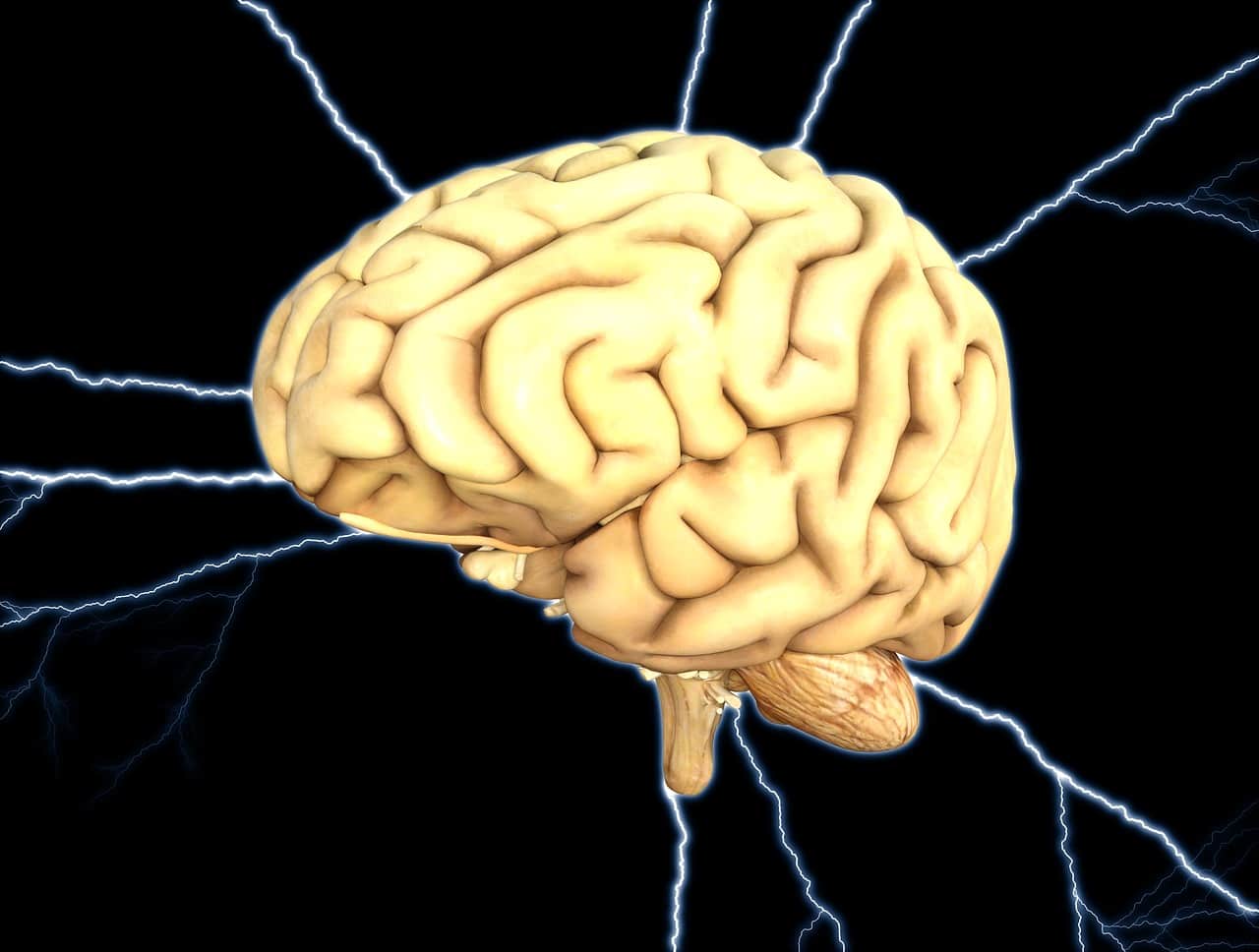According to a recent article, mental health affects the physical body in a number of ways, and it’s important to recognize and understand this connection.
Mental health has such a strong effect on the human body that it can reduce life expectancy, prohibit the body’s ability to fight chronic diseases, and impact one’s ability to make decisions.
Ways Mental Health Can Cause Injurious Physical Health
Depression– Depression is a mood disorder that causes a persistent feeling of sadness and reduced interest in previously enjoyable activities. Others effects include reduced motivation, a feeling of isolation, and reduced concentration.
The physical effects of depression can include weight gain or loss (due to a change in appetite), joint or muscle pain, headaches, and more. Researchers have also found that depression can lead to serious health conditions. These conditions include cardiovascular disease (from eating unhealthily and a lack of physical exercise), inflammation leading to an increased risk of arthritis, irritable bowel syndrome, type 2 diabetes, and decreased libido.
Anxiety Disorders- It is not uncommon for individuals to experience anxiety, but an anxiety disorder may be present when the anxiety is intense and affects an individual’s daily activities.
Anxiety has been known to lead to constipation, diarrhea, nausea, and stomach aches. In some cases, it has even been connected to irritable bowel syndrome. However, anxiety does not just affect the digestive area of the body. It can also affect one’s heart and lungs, leading to rapid heart rate, heart palpitations, chest discomfort, and trouble breathing. Anxiety has even been known to increase the risk of high blood pressure and heart disease and worsen pre-existing conditions such as asthma and chronic obstructive pulmonary disease (COPD).
Eating Disorders- There are many types of eating disorders, but they all affect an individual’s relationship with food and their body image. Anorexia nervosa, binge eating disorder, and bulimia nervosa are the most common.
Despite specific eating disorders differing, they all equally can have detrimental effects on physical health. This can include low blood pressure, hypothermia, irregular heartbeat, stomach ulcers, gastroparesis, dehydration, loss of muscle mass, swollen extremities, and exhaustion.
Schizophrenia– Schizophrenia is a very serious mental disorder where an individual interprets reality abnormally. This may result in hallucinations, delusions, and extremely disordered thinking and behavior.
According to research, those diagnosed with schizophrenia are at an increased risk of weight gain, cardiovascular disease, abdominal obesity, and metabolic syndrome.
Caring For Your Mental and Physical Health
There are numerous ways an individual can care for their mental health, and thus their physical health.
Exercise Regularly– Regular exercise is good for the body in general, but research has also shown that it can aid in improving one’s mood and their health disorders (such as anxiety and depression).
Maintain a Healthy Diet– There are several advantages to keeping a healthy diet, and it is especially important for those struggling with mental health issues. A poor diet boosts the risk of mental health issues such as anxiety and depression. Instead, one should make an effort to maintain a healthy diet, which includes a lot of fruits and vegetables.
Have a Sleep Routine- Sleep is incredibly important for an individual’s health, but it is also imperative to keep a proper sleep routine. This means implementing a regular sleep schedule where one is getting between seven to nine hours a night.
Obtain Professional Help- When dealing with mental health disorders, it can feel isolating and overwhelming. This is especially true if one’s disorder is not yet diagnosed. Instead of dealing with it alone, individuals should reach out to mental health professionals to get diagnosed and to get the help they may need. Getting help and managing your symptoms are essential in preventing a physical health issue.
It’s easy to forget that mental health and physical health are connected in so many ways. If an individual is dealing with a mental health issue, often they are dealing with physical issues as well as a direct result. Prioritizing the management of one’s mental health is just as important as maintaining physical health.








